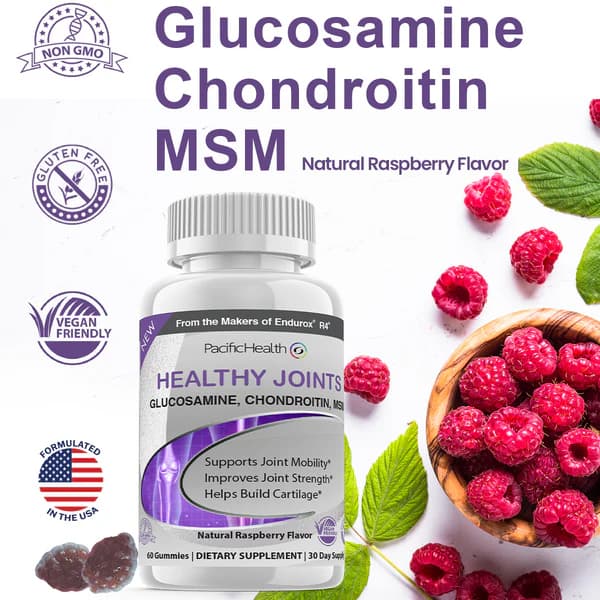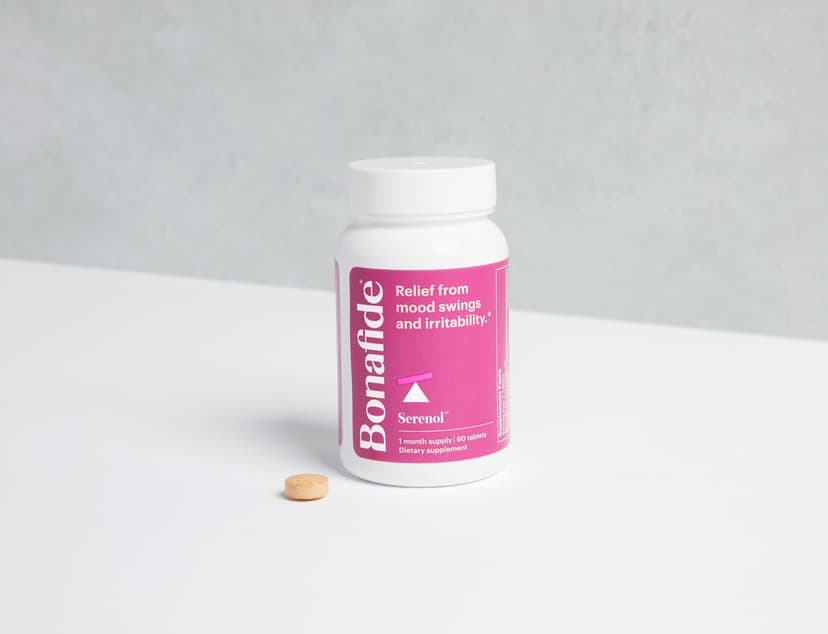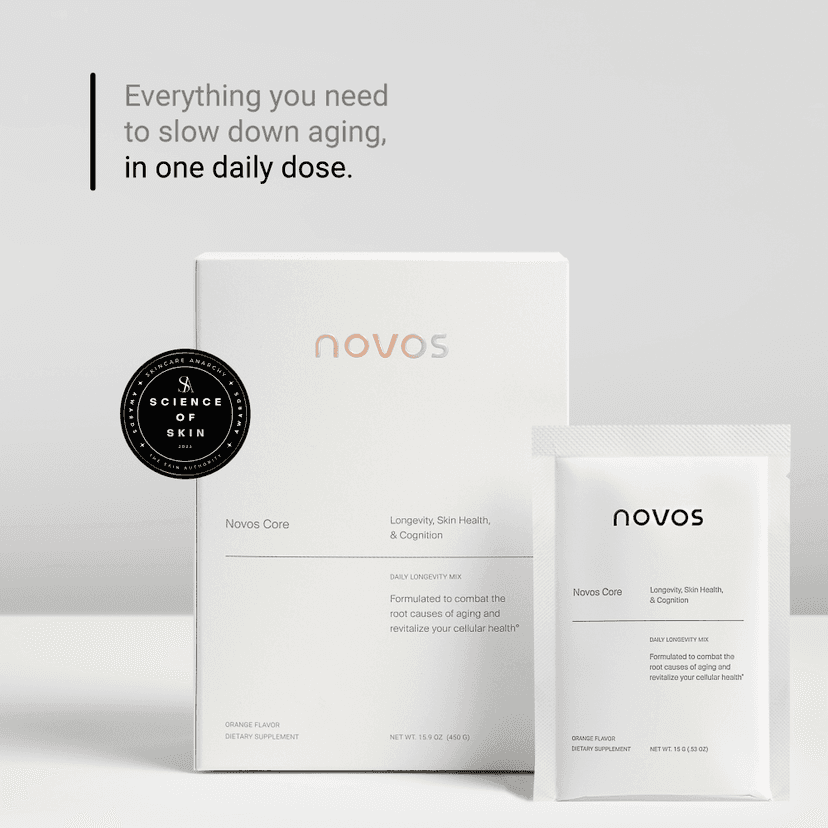When you're working hard to build muscle, it's easy to focus only on exercise and nutrition. However, there's another crucial element that often gets overlooked: sleep. Understanding how sleep, especially REM sleep, plays a vital role in muscle recovery can help you maximize your fitness efforts. In this article, we'll explore the science behind muscle recovery, including the impact of nutrients, sleep, and stress management.
Key Takeaways
- Getting enough REM sleep is essential for muscle recovery. Aim for 7-9 hours of quality sleep each night.
- Sleep right after exercising is crucial; the first two hours post-workout are key for muscle repair.
- Using sleep trackers can help you understand your sleep patterns and improve your REM sleep.
- Managing stress is important for better sleep, which in turn aids muscle recovery.
- A balanced diet rich in nutrients supports both sleep quality and muscle recovery.
The Role of Nutrients in Muscle Recovery
Muscle recovery is a vital part of any fitness routine, and the right nutrients play a crucial role in this process. Proper nutrition helps repair muscles, reduce soreness, and prepare the body for future workouts.
Essential Vitamins and Minerals
- Vitamin C: Helps in collagen formation and reduces inflammation.
- Vitamin D: Supports muscle function and immune health.
- Magnesium: Aids in muscle relaxation and recovery.
| Nutrient | Function | Food Sources |
|---|---|---|
| Vitamin C | Collagen formation, reduces inflammation | Citrus fruits, bell peppers |
| Vitamin D | Muscle function, immune support | Sunlight, fatty fish |
| Magnesium | Muscle relaxation, recovery | Nuts, seeds, leafy greens |
The Importance of Protein
Protein is essential for muscle repair. After exercise, muscles need protein to rebuild and grow stronger. Aim for:
- Lean meats like chicken and turkey.
- Fish such as salmon and tuna.
- Plant-based sources like beans and lentils.
Hydration and Muscle Repair
Staying hydrated is key for muscle recovery. Water helps transport nutrients to muscles and removes waste products. Here are some tips:
- Drink water before, during, and after workouts.
- Include hydrating foods like fruits and vegetables in your diet.
- Monitor your urine color; light yellow indicates good hydration.
Proper nutrition and hydration are not just about recovery; they are essential for overall health and performance.
The Science of Sleep and Muscle Recovery
Stages of Sleep
Sleep is divided into several stages, each playing a unique role in recovery. The main stages include:
- NREM Sleep: This is the initial phase where your body starts to relax. It has three sub-stages, with the deepest sleep occurring in the third stage.
- REM Sleep: This stage is crucial for muscle recovery. During REM sleep, your body releases growth hormones that help repair and build muscle tissues.
- Cycle Repeats: A typical sleep cycle lasts about 90 minutes, and you go through these stages multiple times a night.
The Role of REM Sleep
REM sleep is essential for muscle recovery. It is during this stage that your body works hard to repair itself. Here’s how:
- Growth Hormone Release: Your body releases growth hormones that stimulate muscle growth and repair.
- Protein Synthesis: This is the process where your body uses protein to repair and build muscle tissues.
- Inflammation Reduction: REM sleep helps decrease inflammation, which can ease muscle soreness.
Optimal Sleep Duration
To maximize muscle recovery, aim for 7-9 hours of sleep each night. Here’s a breakdown:
| Sleep Duration | REM Sleep Percentage | REM Sleep Duration |
|---|---|---|
| 7 hours | 25% | 1.75 hours |
| 8 hours | 25% | 2 hours |
| 9 hours | 25% | 2.25 hours |
Impact of Sleep Quality
The quality of your sleep is just as important as the quantity. Here are some tips to improve sleep quality:
- Create a Sleep-Friendly Environment: Keep your room dark, quiet, and cool.
- Establish a Bedtime Routine: Go to bed and wake up at the same time every day.
- Limit Screen Time: Avoid screens at least an hour before bed to help your brain wind down.
Good sleep is not just about the hours you spend in bed; it’s about the quality of that sleep. Prioritize REM sleep for better muscle recovery.
Effective Sleep Strategies for Muscle Recovery
Creating a Sleep-Friendly Environment
To enhance muscle recovery, it's important to create a space that promotes restful sleep. Here are some tips:
- Keep the room dark: Use blackout curtains to block out light.
- Control the temperature: A cooler room can help you sleep better.
- Minimize noise: Use earplugs or a white noise machine to reduce disturbances.
Bedtime Rituals for Better Sleep
Establishing a calming bedtime routine can signal your body that it's time to wind down. Consider these practices:
- Limit screen time: Avoid phones and TVs at least an hour before bed.
- Read a book: Choose something light and enjoyable to help relax.
- Practice relaxation techniques: Try deep breathing or gentle stretching.
The Impact of Sleep Quality
Good sleep quality is essential for muscle recovery. It helps reduce soreness and promotes healing. Here’s how sleep quality affects recovery:
- Increased growth hormone release: This hormone is vital for muscle repair.
- Reduced inflammation: Quality sleep helps lower inflammation in the body.
- Improved mood and focus: Better sleep leads to better performance in workouts.
Remember, prioritizing sleep is not just about quantity but also quality. A good night’s sleep can make a significant difference in your recovery and overall performance.
The Impact of Stress on Muscle Recovery
Stress can significantly affect how well your muscles recover after exercise. High levels of stress can disrupt sleep, which is crucial for muscle repair. When you don’t get enough sleep, your body struggles to recover, leading to fatigue and decreased performance.
How Stress Affects Sleep
- Stress can make it hard to fall asleep or stay asleep.
- It can reduce the amount of REM sleep, which is important for muscle recovery.
- Increased stress levels can lead to sleep debt, making recovery even harder.
Stress Management Techniques
- Mindfulness Meditation: Helps calm the mind and reduce stress.
- Deep Breathing Exercises: Simple techniques to relax your body and mind.
- Gentle Exercise: Activities like yoga can help lower stress levels.
Managing stress is essential for better sleep and muscle recovery. Incorporating relaxation techniques into your daily routine can make a big difference.
The Role of Relaxation in Recovery
- Relaxation techniques can improve sleep quality.
- Better sleep leads to more effective muscle recovery.
- Reducing stress can help prevent overtraining and injuries.
Incorporating Technology in Muscle Recovery
Benefits of Sleep Trackers
Sleep trackers are devices that help monitor your sleep patterns. They can provide useful information about your sleep cycles, including how much time you spend in REM sleep. Using these devices can help you understand your sleep quality better. Here are some benefits of sleep trackers:
- Track sleep duration and quality
- Identify patterns in sleep behavior
- Suggest improvements for better sleep
Using Apps for Stress Management
There are many apps available that can help manage stress. These apps often include features like guided meditations, breathing exercises, and reminders to take breaks. Here are some popular types of stress management apps:
- Mindfulness and meditation apps
- Breathing exercise apps
- Sleep aid apps
Wearable Devices for Monitoring Recovery
Wearable technology, like smartwatches and fitness bands, can track various health metrics. These devices can monitor heart rate, activity levels, and even sleep quality. This information can help you:
- Adjust your workout intensity
- Ensure you are getting enough rest
- Monitor your overall recovery progress
Technology is changing the way we approach muscle recovery. By using these tools, you can gain insights that help you recover faster and perform better.
The Importance of Active Recovery
Active recovery is a crucial part of muscle recovery that involves light physical activity after intense workouts. This approach helps speed up the healing process and reduces muscle soreness. Here are some key aspects of active recovery:
Low-Intensity Exercises
- Engaging in low-intensity activities like walking, cycling, or swimming can help maintain blood flow to the muscles.
- These activities help remove waste products like lactate from the muscles, promoting faster recovery.
- Aim for 20-30 minutes of light exercise after intense workouts.
Stretching and Flexibility
- Stretching after workouts can improve flexibility and reduce tightness in muscles.
- Incorporate static stretches that target the major muscle groups used during your workout.
- Hold each stretch for 15-30 seconds to maximize benefits.
Foam Rolling and Massage
- Foam rolling can help relieve muscle tension and improve circulation.
- Use a foam roller on sore areas for about 10-15 minutes post-exercise.
- Consider professional massage therapy for deeper muscle relaxation, but avoid aggressive techniques immediately after workouts.
Active recovery is not just about resting; it’s about engaging in movements that promote healing and prepare your body for the next workout.
Dietary Habits to Support Muscle Recovery
Nutrient-Rich Foods
Eating a variety of foods is essential for muscle recovery. Here are some key food groups to include in your diet:
- Fruits and Vegetables: Packed with vitamins and antioxidants that help reduce inflammation.
- Lean Proteins: Chicken, fish, and beans provide the necessary building blocks for muscle repair.
- Whole Grains: Foods like brown rice and oats give you the energy needed for recovery.
Timing of Meals
When you eat can be just as important as what you eat. Consider these tips:
- Post-Workout Nutrition: Try to eat a meal or snack within 30 minutes after exercising to help your muscles recover.
- Balanced Meals: Aim for meals that include protein, carbs, and healthy fats to support overall recovery.
- Hydration: Drink plenty of water throughout the day, especially after workouts, to help with muscle repair.
Supplements for Recovery
Some people may benefit from supplements to aid recovery. Here are a few to consider:
- Protein Powder: A quick way to increase protein intake after workouts.
- Omega-3 Fatty Acids: Found in fish oil, these can help reduce muscle soreness.
- Magnesium: This mineral supports muscle function and can improve sleep quality.
Remember: A well-rounded diet is crucial for muscle recovery. It’s not just about what you eat, but also when you eat it. Prioritize nutrient-rich foods and stay hydrated to help your body heal and grow stronger.
Conclusion
In summary, building a stronger body isn't just about hard workouts and eating right; it also involves getting enough sleep. Understanding how important REM sleep is for muscle recovery can help you improve your fitness journey. So, as you work towards becoming stronger and healthier, remember that good sleep is not just a nice extra; it's a key part of your success. Enjoy your rest and watch your muscles grow!
Frequently Asked Questions
How does REM sleep help muscles recover?
REM sleep is very important for your muscles because it helps release growth hormones that repair and build muscles.
How many hours of sleep do I need for the best recovery?
You should aim for 7 to 9 hours of sleep each night, with about a quarter of that time in REM sleep to help your muscles recover well.
Can not getting enough REM sleep affect my workouts?
Yes, not enough REM sleep can make you feel tired and less focused, which can hurt your workout performance.
Is there a specific way to sleep that helps with muscle recovery?
There isn't a proven best position, but it's important to sleep comfortably to allow for good REM sleep, which helps recovery.
Does stress affect REM sleep and muscle recovery?
Yes, high stress can reduce REM sleep, which is bad for muscle recovery. Managing stress can help you sleep better.
Are there bedtime habits that can improve REM sleep?
Yes, having a regular sleep routine, reducing screen time before bed, and creating a calm sleeping space can help boost REM sleep.



















